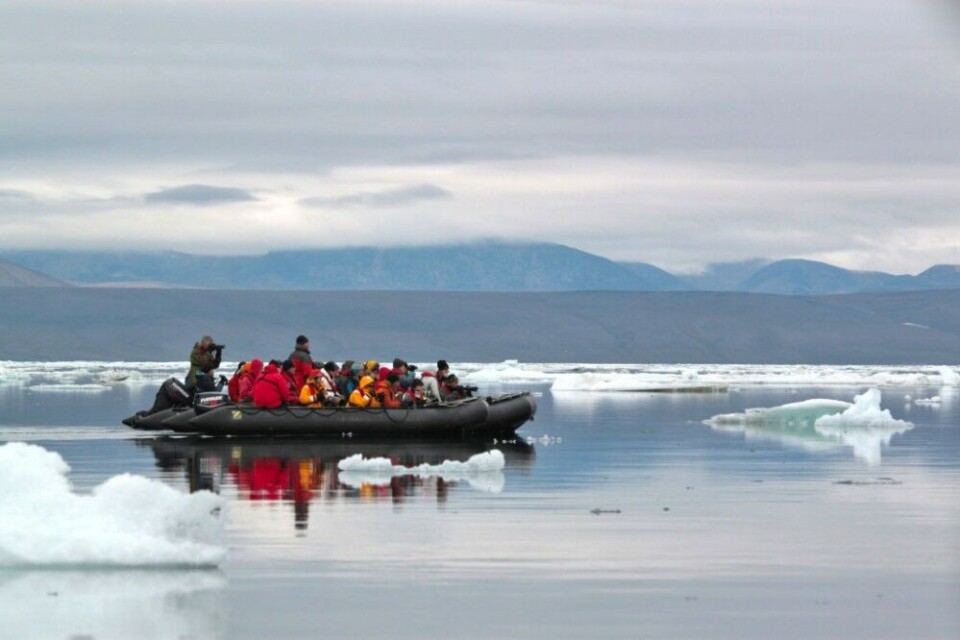
More research, tourist attractions and staff for world's northernmost national park
A new development program for national park Russkaya Arktika includes a staff boost of 30 percent and the opening of 9 new museum sites for visiting tourists.
The national park that includes the far northern archipelago of Franz Josef Land and parts of Novaya Zemlya is to expand its capacity to engage in Arctic research and tourism.
The development program for the national park includes the opening of another two research stations, one of them in the Heiss island, and the other in northern part of Novaya Zemlya. The stations are to be be open year-round and will be built in the course of the program period of 2021-2024, the Russian Ministry of Natural Resources informs.
Heiss Island
The new station in Heiss Island will move into abandoned buildings of the Ernst Krenkel Observatory, a Soviet-era polar site for launch of research rockets. The Observatory was established in 1957 and operated until year 2001.
Among the rockets launched on site was the MR-12, a sounding rocket that could reach an altitude of 180 km. The rocket was mainly used for meteorological purposes, but could also be applied for military aims.
Tourism
In addition comes the opening of five research field bases, as well as nine museum sites. The management of national park is to be strengthened by a 30 percent staff increase.
The far northern territory has over several years seen an increase in activities and in the summer of 2020 the research station in Cape Zhelaniya has undergone comprehensive upgrade. Cape Zhelaniya is the northermost tip of archipelago Novaya Zemlya.
A key share of the research now conducted by the national park staff is funded by oil company Rosneft, senior research expert Dmitry Kryukov confirms.
The Russkaya Arktika park covers a territory of 8,8 million hectares and is Russia’s biggest protected nature reserve. Over the last years, the national park has been destination for a number of Arctic tourism cruises.
















